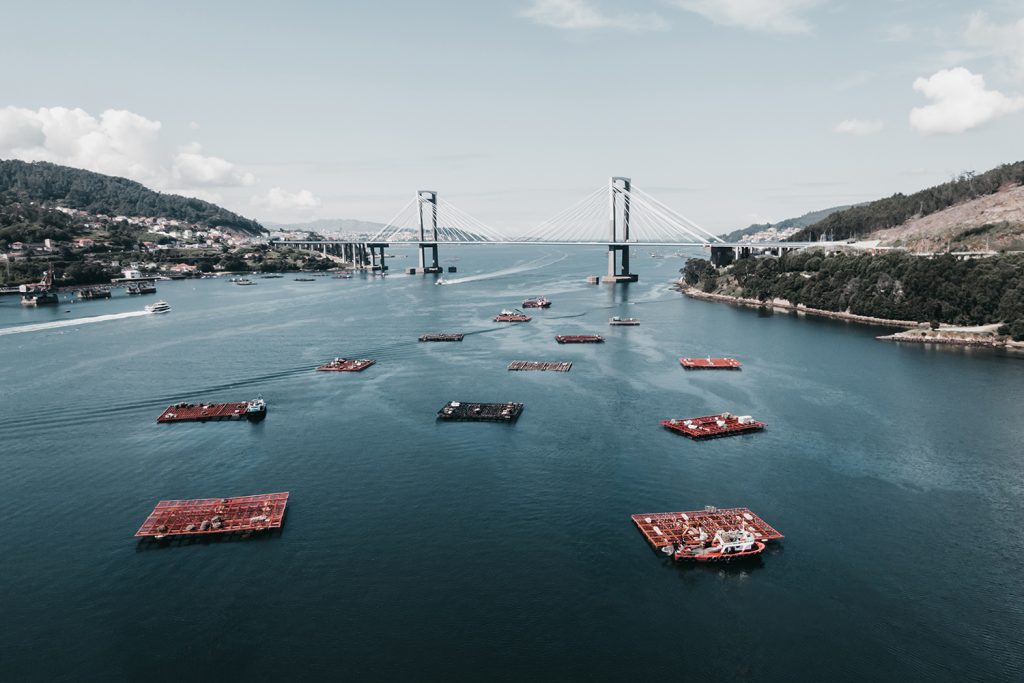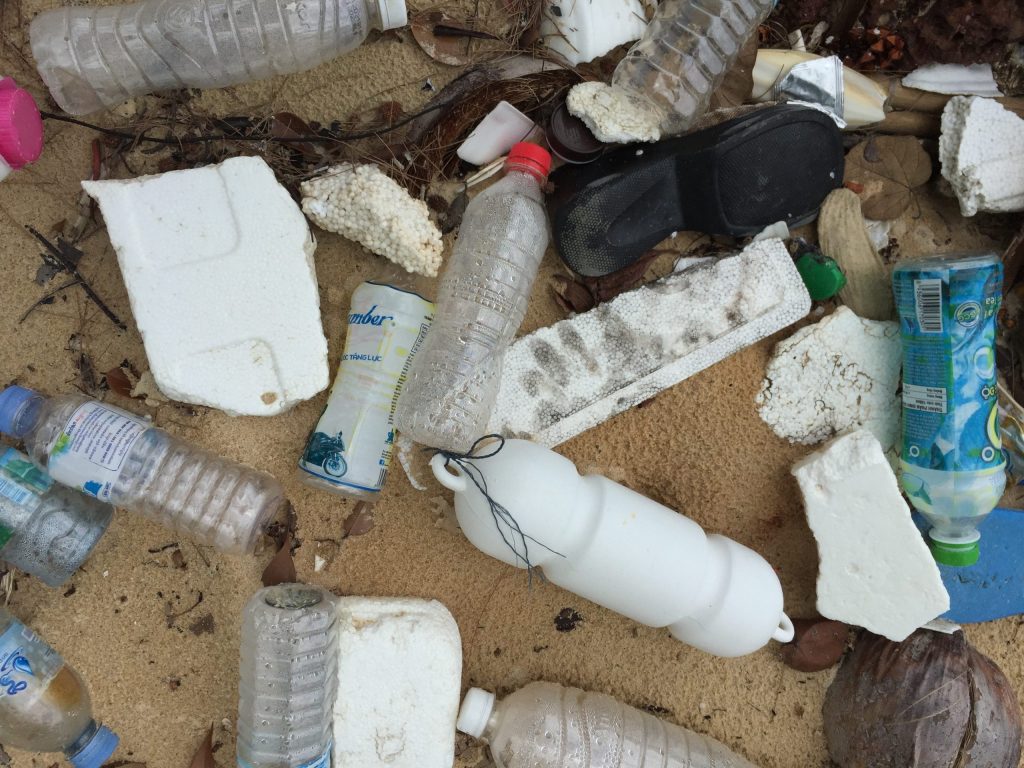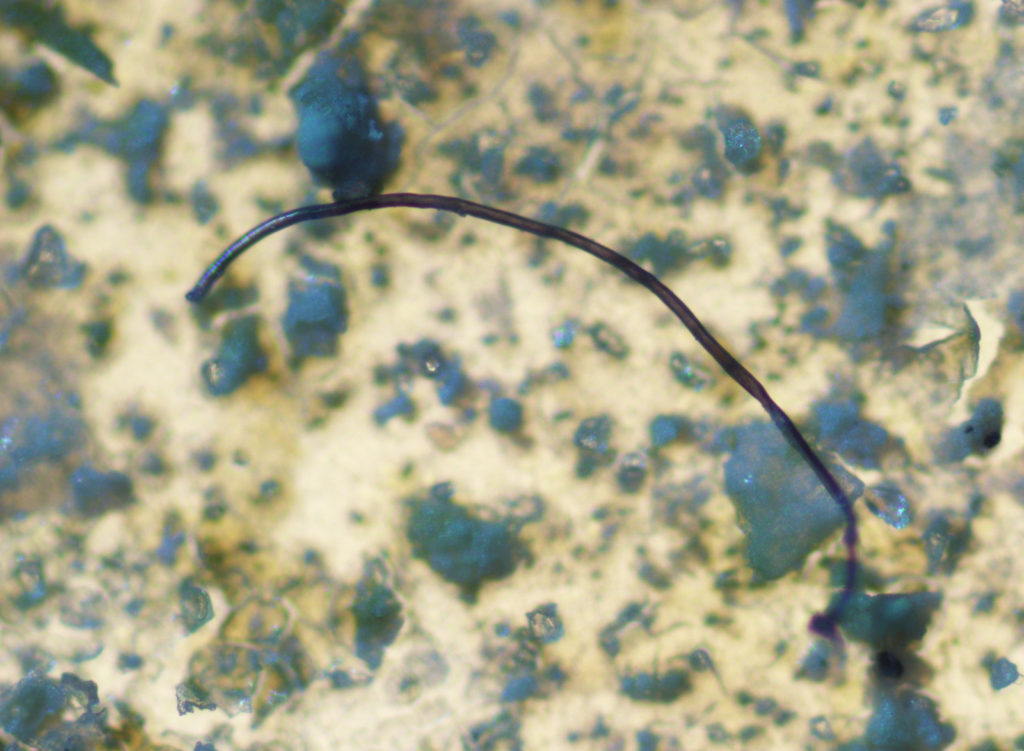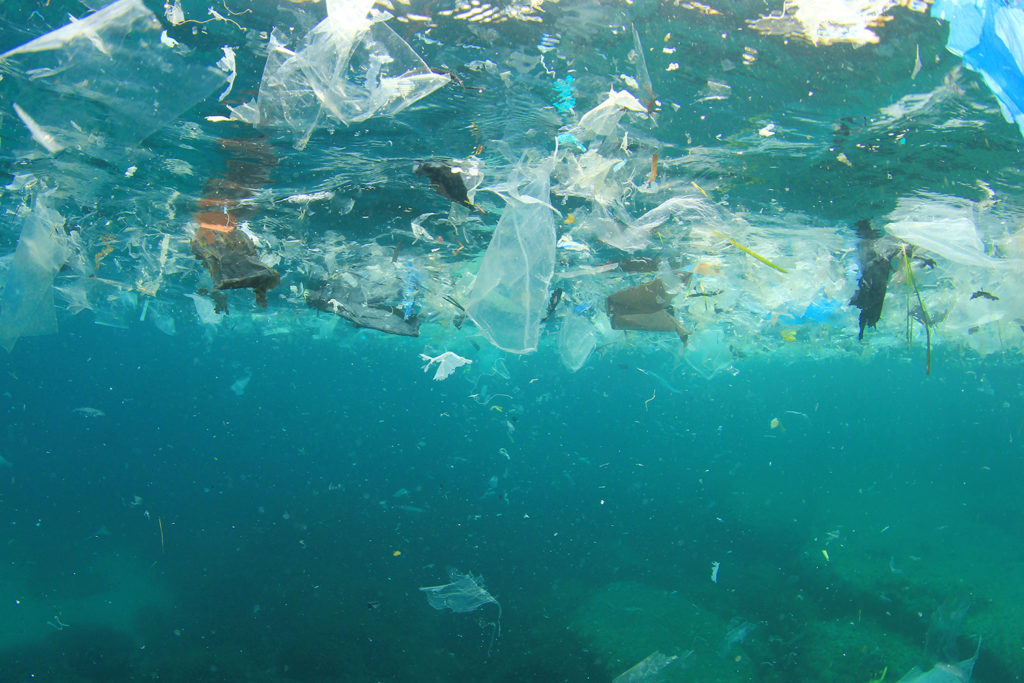Plastic waste is responsible for ‘significant’ harm to humans, the economy and the environment

Current plastic production, use and disposal patterns are not sustainable and are responsible for significant harm to human health, the economy and the environment – especially the ocean – as well as deep societal injustices, according to a new report.
The Minderoo-Monaco Commission on Plastics and Human Health report presents a comprehensive analysis showing plastics as a hazard at every stage of their life cycles. It’s the first time that leading researchers from the fields of health care, ocean science and social science have collaborated to quantify plastic’s considerable risks to all life on Earth.
“It’s only been a little over 50 years since we’ve been aware of the presence of plastics throughout the ocean,” said John Stegeman, a senior scientist at WHOI. “The Minderoo-Monaco Commission’s work is a significant leap forward in connecting the broad health implications of plastics – to the ocean and to humanity.”
The report was led by scientists at the Minderoo Foundation, the Centre Scientifique de Monaco and Boston College. Researchers Mark Hahn and John Stegeman at the Woods Hole Oceanographic Institution (WHOI) were lead authors on a section focusing on the impacts of plastics on the ocean. The Commission’s key findings include:
- Plastics cause disease, impairment and premature mortality at every stage of their life cycles, with the health repercussions disproportionately affecting vulnerable, low-income and minority communities, particularly children.
- Toxic chemicals that are added to plastics and routinely detected in people are, among other effects, known to increase the risk of miscarriage, obesity, cardiovascular disease and cancers.
- Plastic waste is ubiquitous globally, with microplastics occurring throughout the ocean and the marine food chain.
Plastics account for an estimated 4 to 5 percent of all greenhouse gas emissions across their lifecycle, making them a large-scale contributor to climate change. The Commission’s findings reveal a “pressing need” for better understanding and monitoring of the effects of plastics and plastic-associated chemicals on marine species. The report highlights a significant lack of knowledge concerning the concentrations of the smallest micro- and nano-plastic particles (MNPs) in the marine environment and their potential impacts on marine animals and ecosystems.
“Plastic waste endangers the ocean ecosystems upon which all humanity depends for food, oxygen, livelihood and well-being,” said Dr. Hervé Raps, Physician Delegate for Research at Centre Scientifique de Monaco. “Besides their intrinsic effects, plastics can also be a vector for potentially pathogenic microorganisms and other chemicals adsorbed from polluted water. And alongside the new findings of this report, linking toxic chemicals to human harms, this is not the time to slow down our understanding of impacts in the ocean.”
As a result of its findings, the commission urged that a cap on global plastic production should be a defining feature of the Global Plastics Treaty currently being negotiated at the United Nations, and that the Treaty should focus beyond marine litter to address the impacts of plastics across their entire life cycle, including the many thousands of chemicals incorporated into plastics and the human health impacts.
However, the Commission reports that many of plastics’ harms can be avoided via better production practices, alternative design, less toxic chemicals and decreased consumption.
“Ocean health is intimately and intricately connected to human health,” said Mark Hahn, a senior scientist in the Department of Biology at WHOI. “Our attention now needs to be on creating a broadly acceptable international agreement that addresses the full life cycle of plastics in order to prioritize the health of the ocean that supports us all.”
Follow the Advocate on Twitter @GSA_Advocate
Now that you've reached the end of the article ...
… please consider supporting GSA’s mission to advance responsible seafood practices through education, advocacy and third-party assurances. The Advocate aims to document the evolution of responsible seafood practices and share the expansive knowledge of our vast network of contributors.
By becoming a Global Seafood Alliance member, you’re ensuring that all of the pre-competitive work we do through member benefits, resources and events can continue. Individual membership costs just $50 a year.
Not a GSA member? Join us.
Author
Tagged With
Related Posts

Innovation & Investment
Can plastic-eating bacteria help with fisheries’ and aquaculture’s plastics problem?
Plastic-eating bacteria have the potential to “digest” petroleum-based plastics, used in both fisheries and aquaculture. Is it feasible for recycling?

Responsibility
Expanded polystyrene is a ‘waste nightmare’ but could non-EPS seafood packaging reduce ocean pollution?
Expanded polystyrene is common in seafood packaging, but threatens marine life and human health as ocean pollution. A growing number of alternatives are emerging.

Responsibility
They’re ‘everywhere’: The pervasiveness of microplastics
How has the plastic in aquaculture operations contributed to microplastic pollution? And is plastic pollution contaminating aquaculture products? The Advocate takes a closer look.

Responsibility
What threat do microplastics, a.k.a. ‘ocean hitchhikers’, pose to aquaculture?
A Trends in Microbiology paper posits that ocean microplastics could be a vector for pathogens, spreading antimicrobial-resistant genes.



